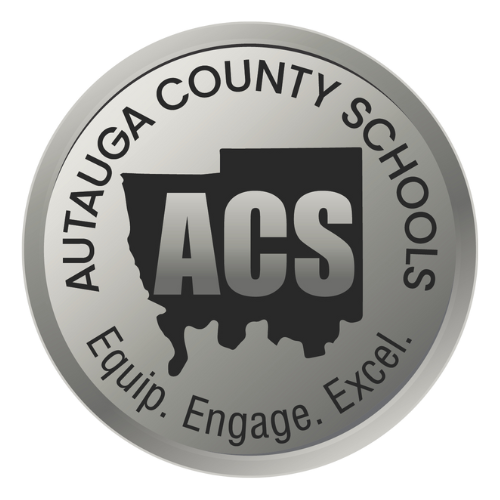- Home
- About Us
- Contacts
- Departments
- Policies / Manuals
- Resource Links
-
Schools
- Autauga County Technology Center
- Autauga Virtual Academy
- Billingsley School
- Daniel Pratt Elementary School
- Marbury High School
- Marbury Middle School
- Pine Level Elementary School
- Prattville Elementary School
- Prattville High School
- Prattville Intermediate School
- Prattville Jr. High School
- Prattville Kindergarten School
- Prattville Primary School
- School Calendar
- Enroll Now
- News & Notes
- Give

